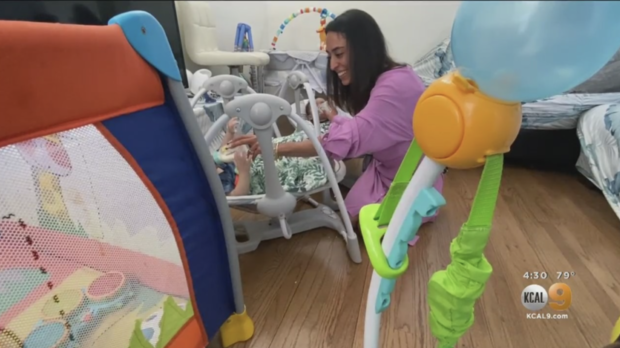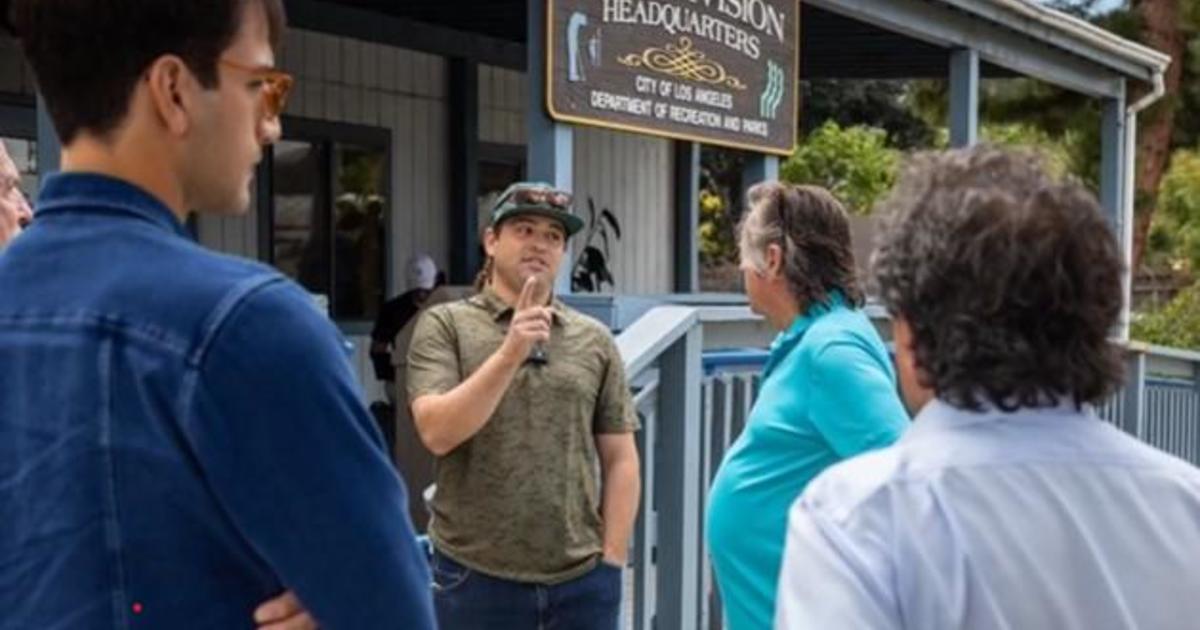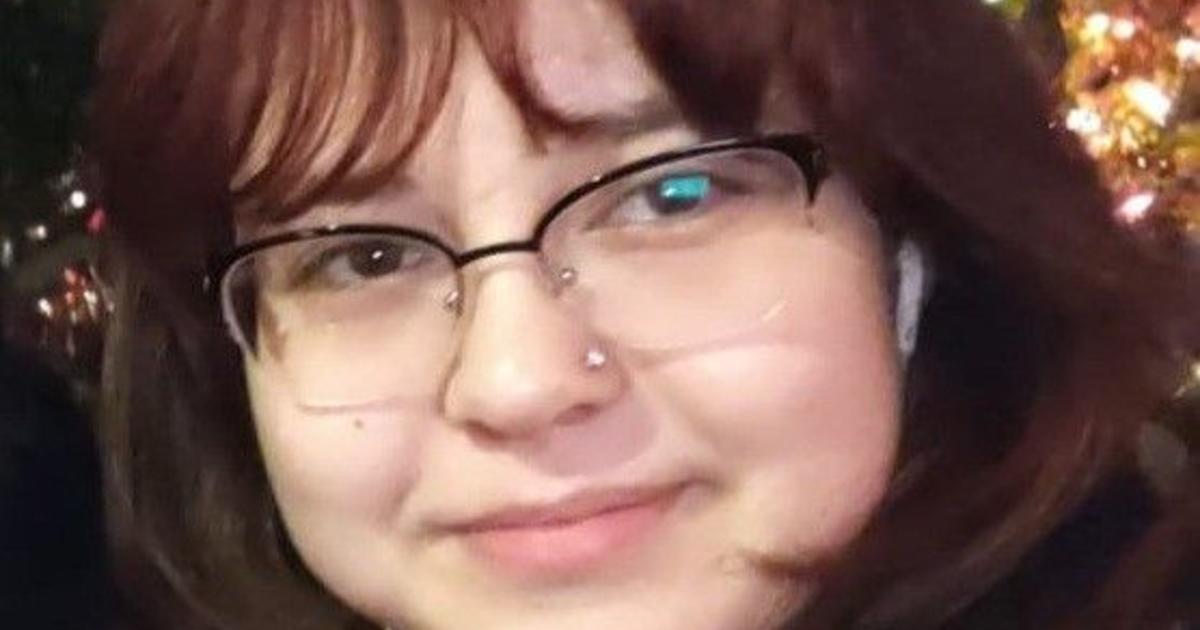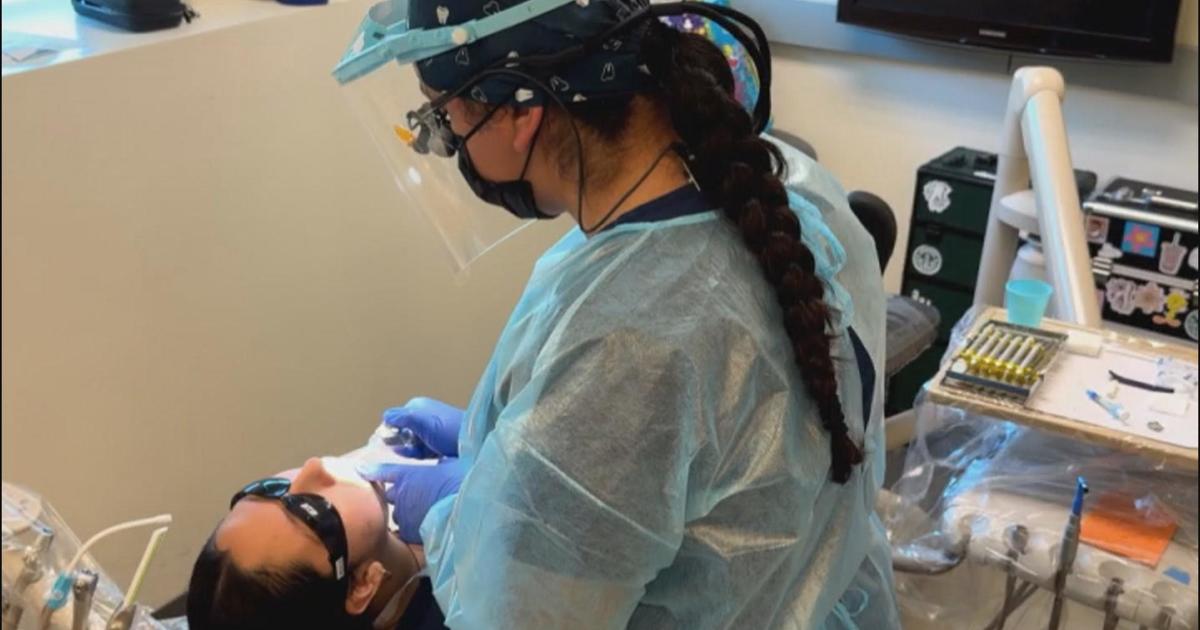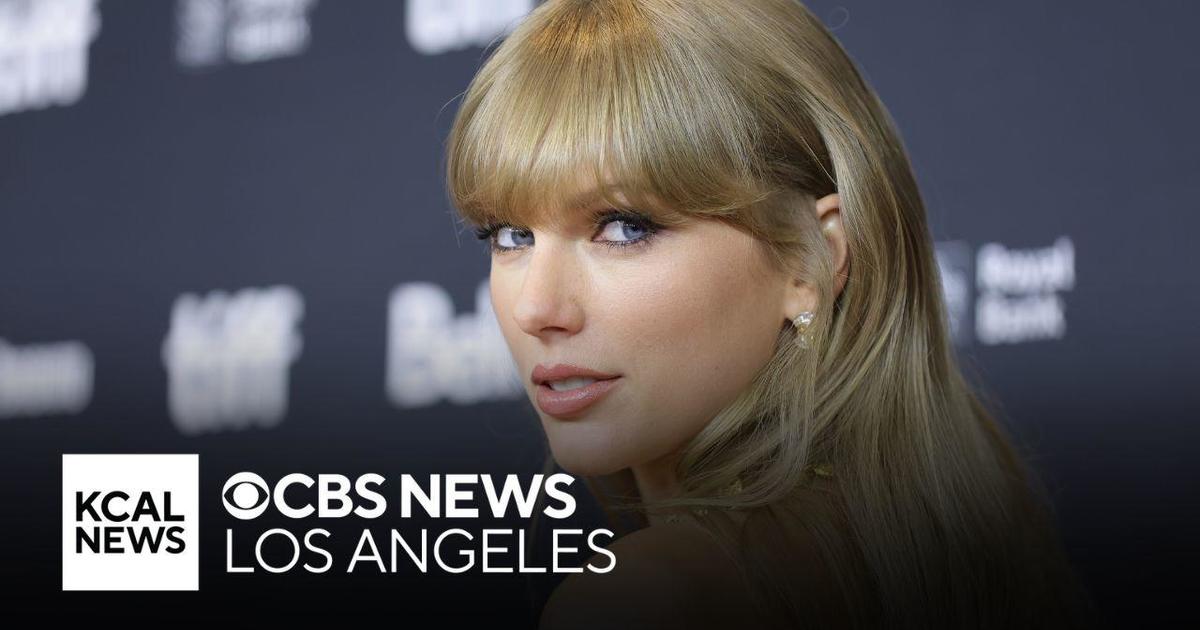Cases Of Respiratory Syncytial Virus Spiking Alongside COVID-19 Infections, Symptoms Almost Identical
LOS ANGELES (CBSLA) - Across the country, as well as locally, respiratory syncytial viruses are on the rise, and with symptoms similar to COVID-19, it can be difficult to distinguish between the two illnesses.
In June, the Centers For Disease Control and Prevention issued a health advisory about rising cases of RSV.
"All I have is two hands. So, I had one on each side," said Ella Nahmias, whose twin boys had fevers, coughs and trouble breathing in June. "I really noticed that the chest wall was really going deep in and out, and the breathing was faster."
Nahmias rushed her babies, who were 6-months-old at the time, to the hospital.
"It came to my mind. That's the first thing that came to my mind. Oh my gosh, it's pandemic time - COVID," she said.
However, her two boys had RSV, a common respiratory virus that presents as a cold for most, but can be life threatening for infants and the elderly.
"This summer, we saw a huge increase in RSV, which is unexpected because it's typically a virus that comes in November and peaks in December and January," Dr. Cigal Shaham, a pediatrician, said.
Doctors think the spike coincides with the state reopening. People stopped masking and started gathering indoors more often. Dr. Cigal says she also saw babies with a combination of both RSV and COVID-19. There are also reports of seeing an uptick in this particular combination nationwide.
Now, many people are wondering how you can end up with both viruses and if you're more susceptible to one if you've had the other.
"Anytime you are sick, you're a little more susceptible to getting sick, since your immune system is fighting, but it does have the ability to fight off other viruses. How you get both is just exposure," Dr. Shaham says.
Infants are unable to wear masks and so are more vulnerable. COVID and RSV have near identical symptoms, but there are some slight differences. Children can vomit and get diarrhea with COVID, though they won't with RSV.
"So, the only way to tell tell is to have the RSV swab and COVID swab at your pediatrician's office," Dr. Shaham says.
Unlike COVID-19, parents of children with RSV do not need to isolate. However, experts warn that you need to have at least two negative COVID tests taken a few days apart to rule it out.
